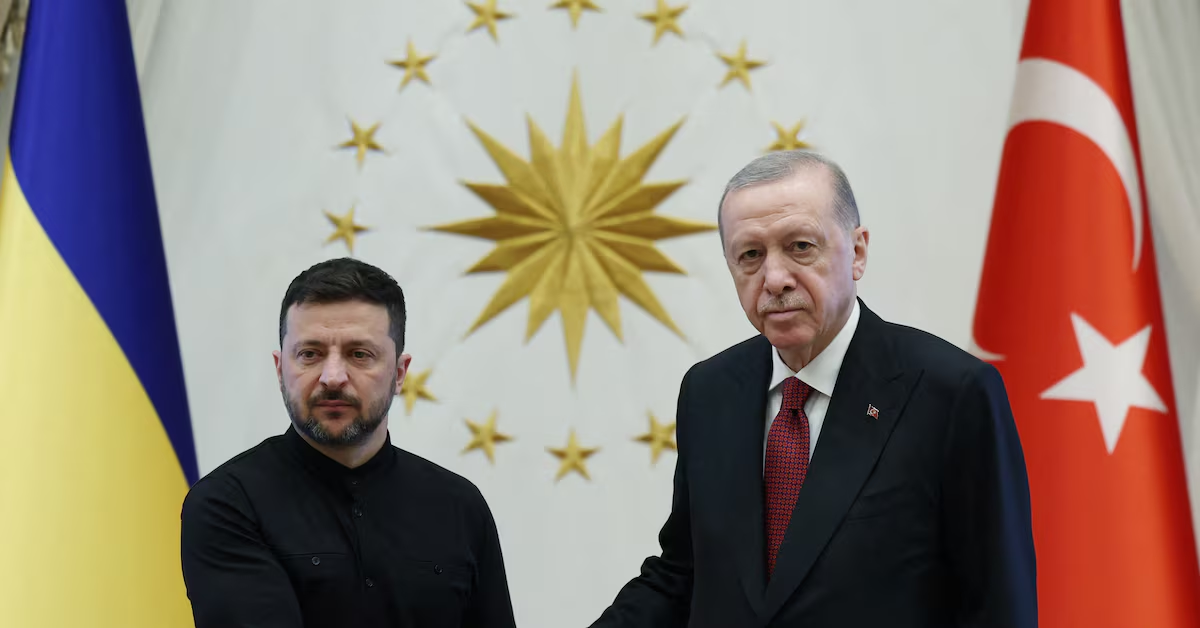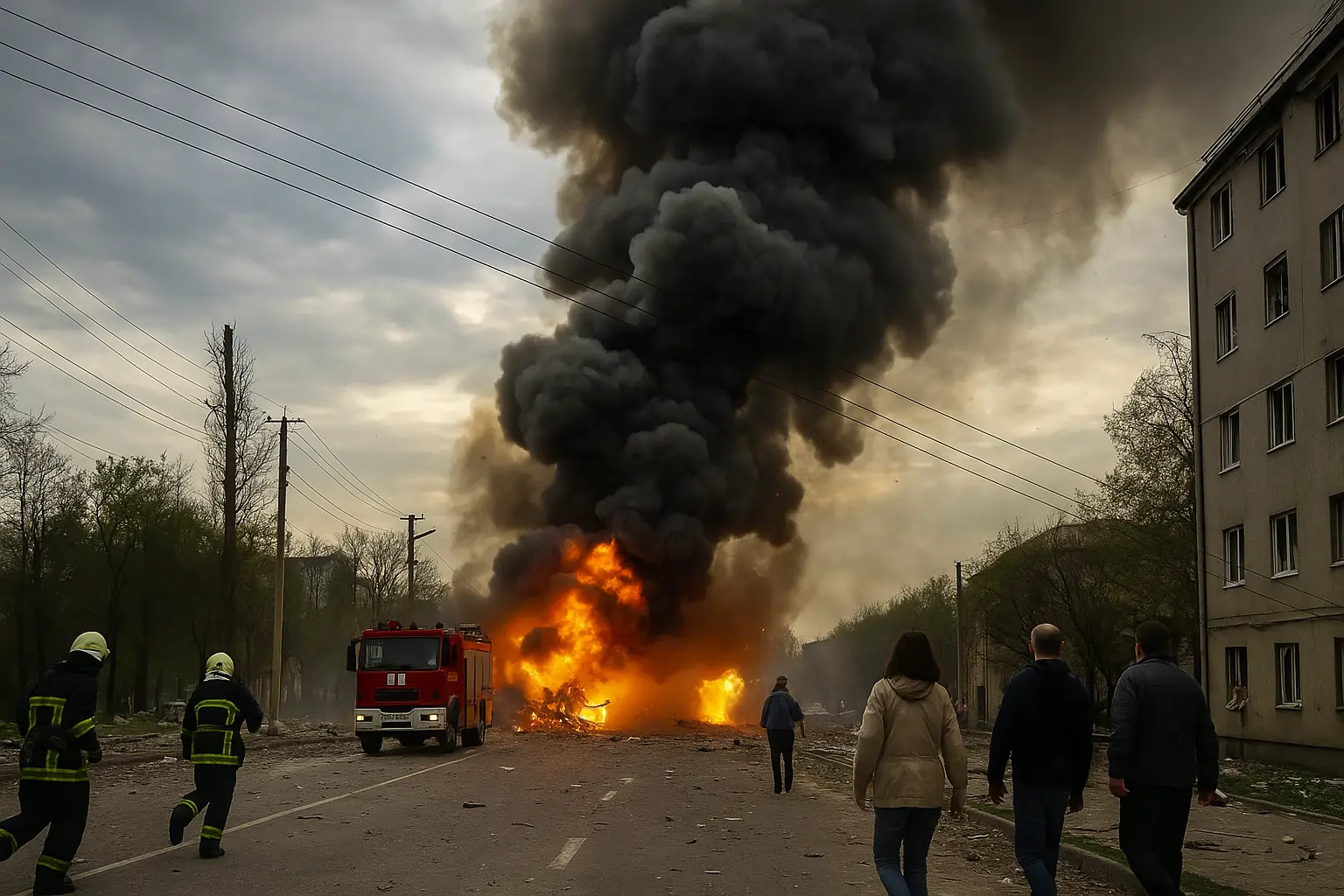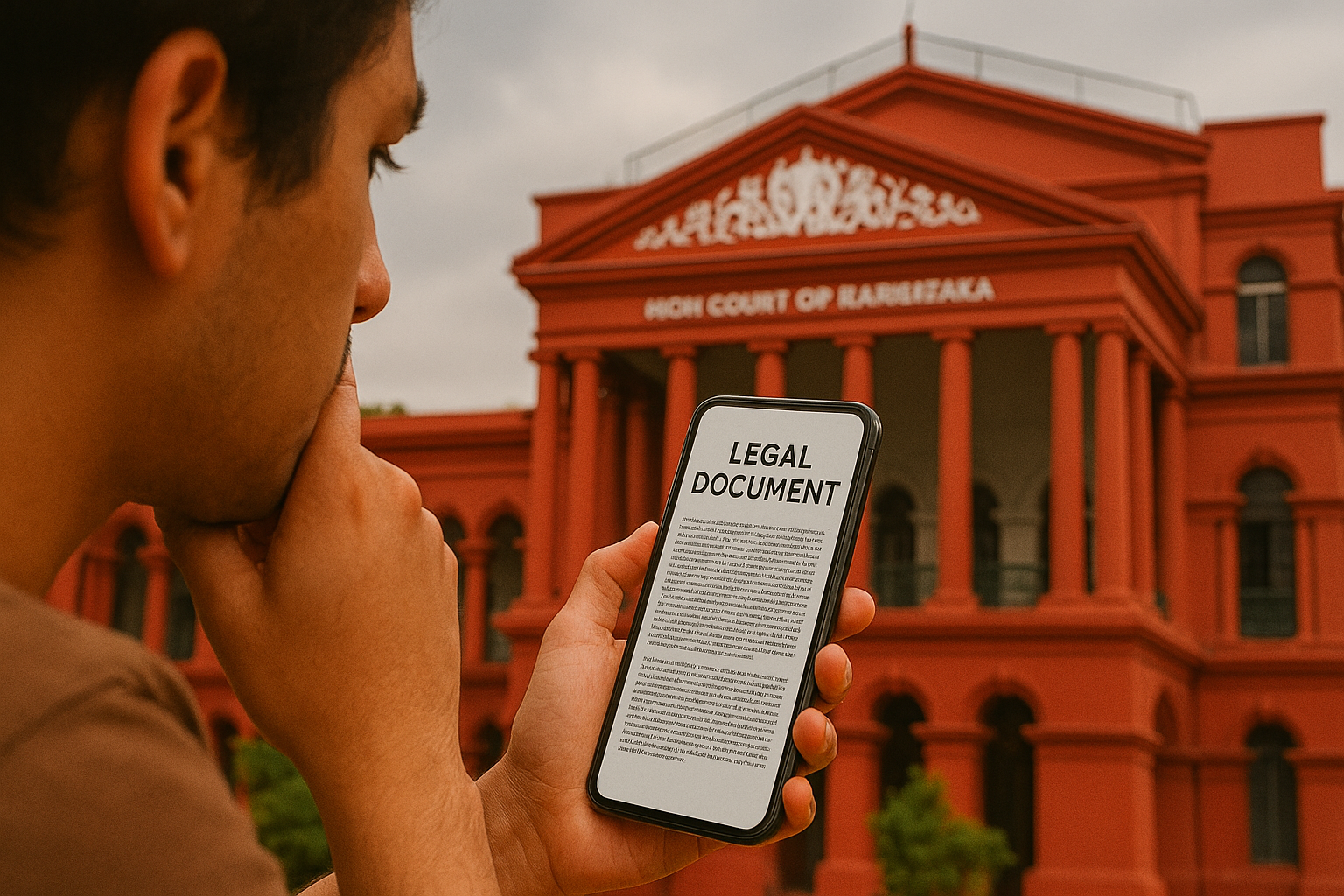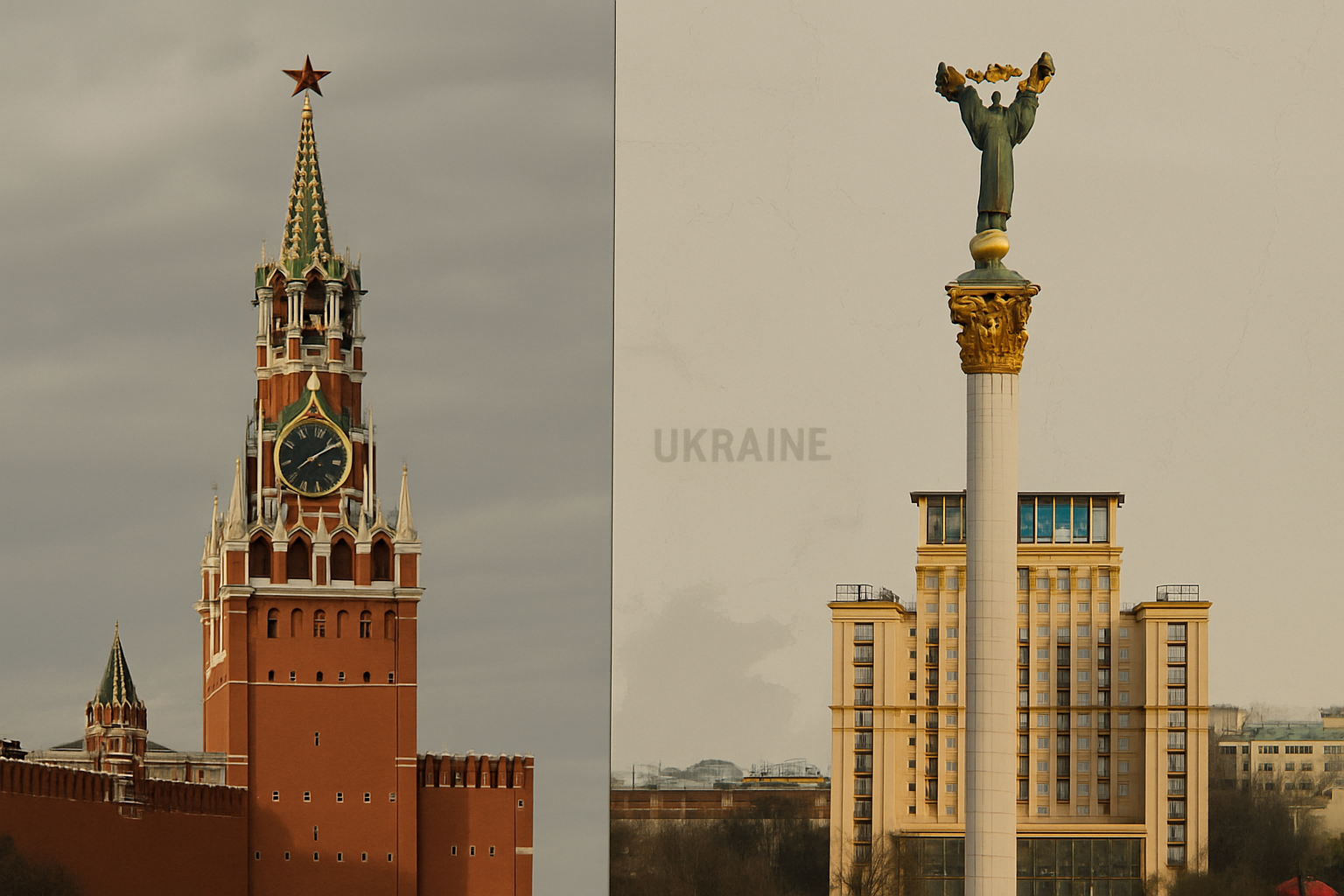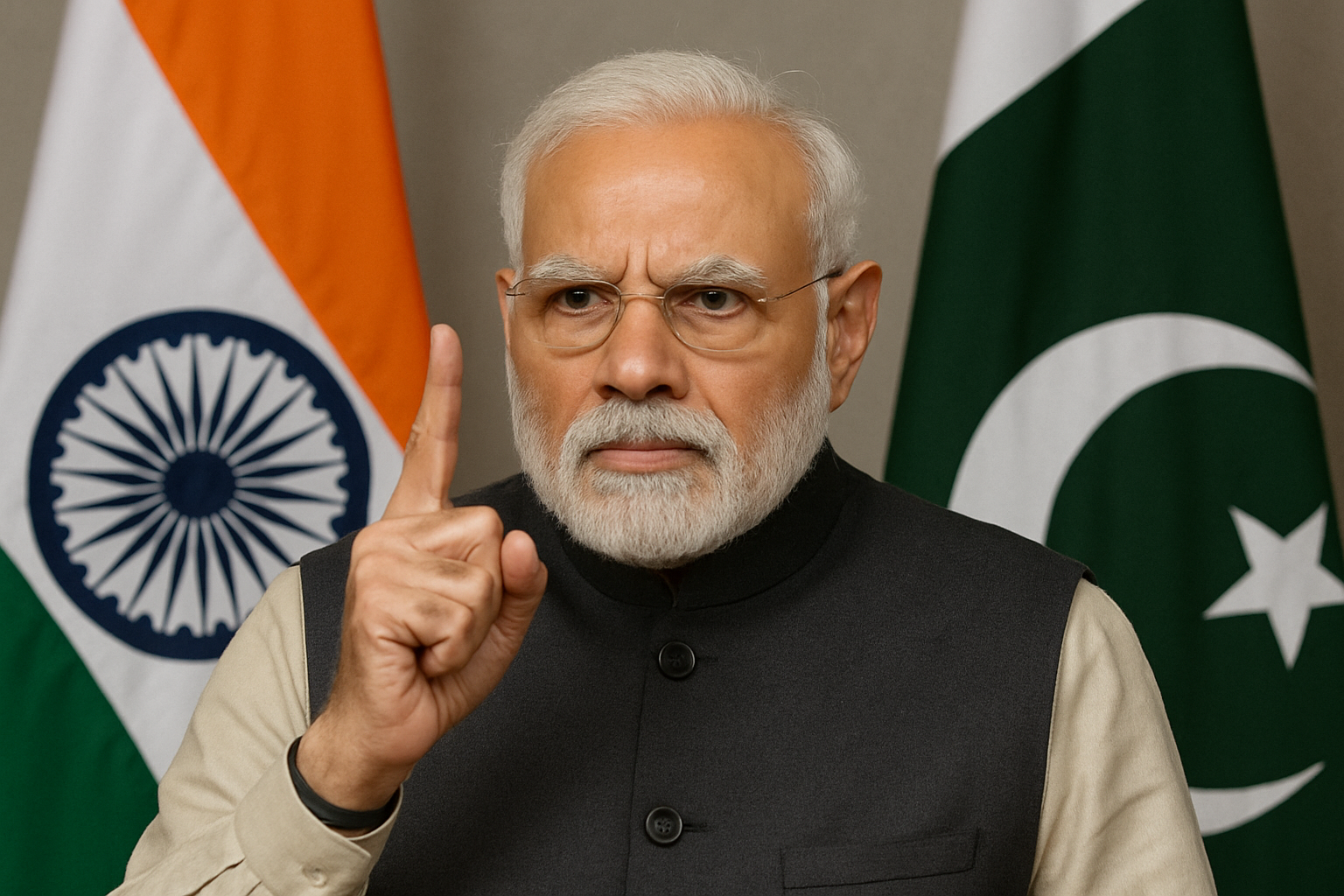As the war between Russia and Ukraine enters another tense chapter, expectations for progress in peace negotiations remain fragile. Hopes were high that a face-to-face meeting between Russian President Vladimir Putin and Ukrainian President Volodymyr Zelenskyy could signal a turning point. However, the Kremlin has officially confirmed that Putin will not attend the upcoming talks scheduled in Turkey. Instead, Russia will be represented by a high-level delegation.
Kremlin Confirms Putin’s Absence
On Tuesday, Russian officials announced that President Putin will not personally participate in the Turkey-hosted peace summit aimed at addressing the ongoing Russia-Ukraine conflict. While no official reason was cited, the decision has sparked intense speculation across diplomatic circles.
A spokesperson for the Kremlin stated, “President Putin believes in the importance of dialogue but will be represented by a competent and experienced delegation capable of defending Russia’s interests at the negotiation table.”
The team is expected to include seasoned diplomats, military advisors, and senior members of the Russian Foreign Ministry.
A Missed Opportunity or a Strategic Move?
The absence of both Putin and Zelenskyy from direct negotiations has become a pattern throughout the conflict, despite global appeals for high-level dialogue. Many experts consider Putin’s decision to stay away from the table in Turkey as both strategic and symbolic.
“Showing up would be seen as a sign of compromise—something Putin is very careful about, especially in front of his domestic audience,” said a European diplomat familiar with the proceedings.
On the other hand, Ukraine has consistently expressed willingness for direct dialogue, with Zelenskyy previously stating that real progress can only be made when the top leaders sit across from each other.
What’s at Stake in the Turkey Talks
Turkey, which has maintained open channels with both Moscow and Kyiv since the invasion began, continues to position itself as a key mediator. The talks will cover several critical issues, including:
-
A possible ceasefire mechanism
-
Prisoner exchanges and humanitarian corridors
-
The status of Russian-occupied territories
-
Long-term security guarantees for Ukraine
While no breakthrough is expected overnight, analysts say any continuation of dialogue is better than none.
“Even symbolic gestures or small concessions can create momentum for future progress,” noted a Turkish official involved in organizing the summit.
Global Reaction: Mixed but Watching Closely
Reactions from international leaders have ranged from cautious optimism to frustration. NATO officials expressed disappointment at Putin’s absence, calling it a missed opportunity to de-escalate tensions. Meanwhile, the United Nations emphasized the need for both sides to “prioritize civilian lives over military gains.”
The U.S. and European Union have urged Russia to engage in serious negotiations, while also continuing to support Ukraine militarily and economically.
Ukraine’s Response
President Zelenskyy’s office responded with a measured statement, reaffirming Ukraine’s commitment to diplomacy but hinting at skepticism.
“Dialogue matters. But if it is always through intermediaries, the road to peace gets longer,” the statement read. Ukrainian officials also confirmed that they would attend the talks in Turkey, sending a delegation led by senior negotiator Mykhailo Podolyak.
Conclusion: Dialogue Without the Deciders?
While the talks in Turkey offer a chance for reduced tensions, the absence of Vladimir Putin raises questions about how committed Russia truly is to ending the conflict through diplomacy. Delegations can open the door—but without the decision-makers at the table, that door may remain only slightly ajar.
For now, the world watches—hoping that even indirect dialogue might plant the seeds of a future resolution.
Also read: Pakistan is not getting rid of antics, Shahbaz Sharif again gave jackal, said- ‘India should elections itself …’


